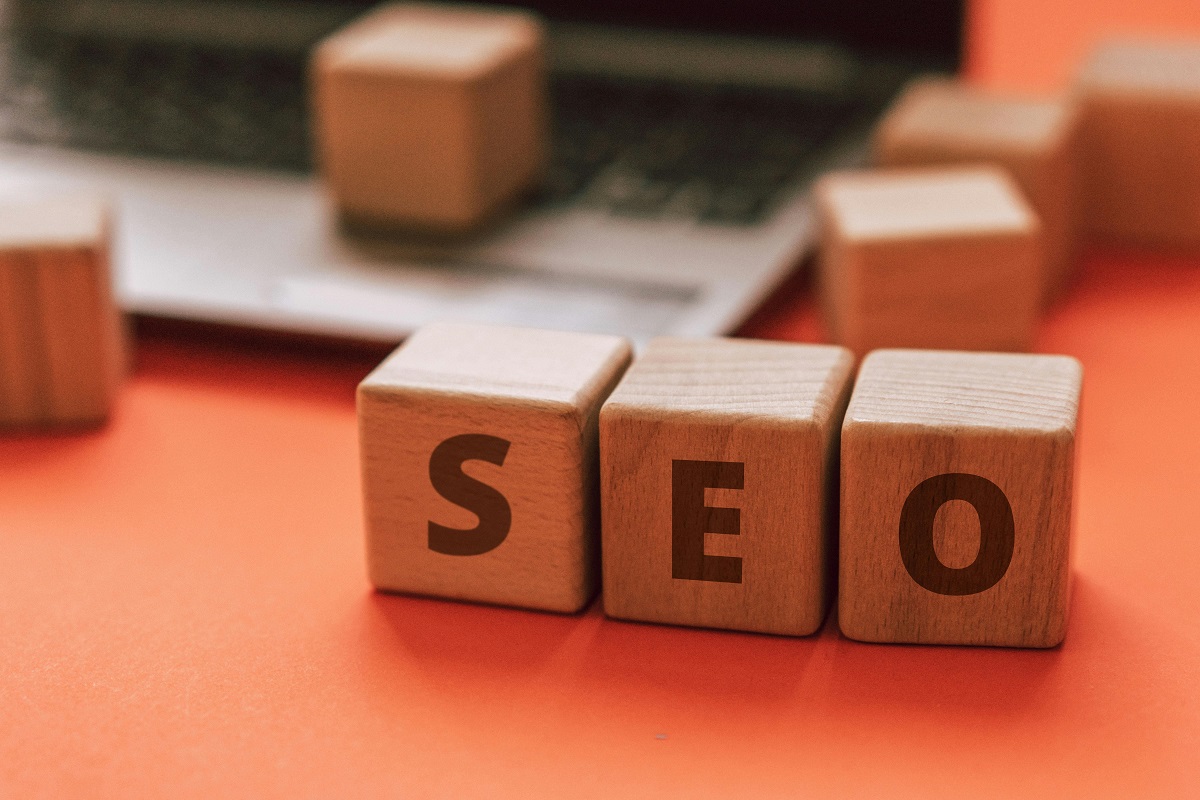Digital Marketing Services
Learn More About Us

On-Page SEOOptimization techniques performed directly on the website, including content and HTML source code. is the most important type of SEO because it directly affects your site's content quality, user experience, and search engine rankingsThe position at which a website appears in the SERP.. It involves optimizing your web pages with strategic keywordsWords or phrases that users type into search engines to find information., engaging content, and efficient metadataData that provides information about other data, such as its source, format, and usage. to enhance visibility and click-through rates. By focusing on elements like internal linkingLinks that connect different pages on the same website., title tags, meta descriptions, and image optimization, you make your site more relevant and easier for search engines to index. This not only boosts your organic rankings but also keeps users engaged, reducing bounce rates. To master On-Page SEO and maximize your website's potential, continue exploring all its facets.
Why is On-Page SEO so important for your website's success?
On-Page SEO is essential because it optimizes individual web pages to rank higher and attract more relevant traffic. It involves practices like keyword researchThe process of finding and analyzing search terms that people enter into search engines., quality content creation, internal linking, and metadata optimization. These elements help search engines understand your content and deliver it to the right audience.
Effective On-Page SEO can greatly enhance your organic search visibility. When your web pages are well-optimized, search engines can easily interpret the content, leading to better search engine rankings. Higher rankings mean your website appears more prominently in search results, increasing the likelihood of clicks and visits.
Moreover, focusing on On-Page SEO techniques can boost user engagementThe interactions that users have with a brand’s content on social media. and click-through rates. Quality content creation ensures that visitors find valuable and relevant information, encouraging them to stay longer and explore more pages. Internal linking further helps by guiding users to other parts of your website, enhancing their overall experience.
Metadata optimization, including title tags and meta descriptions, plays an important role in attracting users to click on your links. By improving these aspects, you can drive higher click-through rates and ultimately improve your website's performance in search engine rankings.

To effectively improve your website's visibility and performance, it's important to employ key On-Page SEO techniques that optimize individual web pages for search engines.
Start with creating quality SEO contentContent optimized for search engines to improve visibility and rankings.. High-quality, relevant content guarantees that your site is appealing to both users and search engines, leading to higher rankings.
Next, focus on internal linking for SEO. By linking related pages within your website, you help search engines comprehend your site's structure and enhance user navigation. This can result in better indexing and higher rankings.
Metadata SEO optimization is another vital technique. Make sure your title tags and meta descriptions are compelling and contain relevant keywords. This not only enhances your site's visibility in search results but also increases click-through rates.
Don't overlook image SEO optimization. Use descriptive image titles, alt textDescriptions added to images to help search engines understand the content of images., and appropriate file names to help search engines grasp the content of your images. This can enhance your image search rankings and overall page relevance.
On-page SEO offers significant benefits by improving your website's visibility, user experience, and organic rankings. By focusing on optimizing your web pages, you can make sure that search engines understand your content better. This leads to higher organic rankings, which means more relevant traffic to your site.
One of the key benefits of on-page SEO is increased visibility. By conducting thorough keyword research and incorporating those keywords into your content, you make it simpler for search engines to find and rank your pages. This increases your chances of appearing in search results when users look for related information.
Improved user experience is another significant advantage. Quality content that addresses user needs, paired with well-structured internal linking, makes it simpler for visitors to navigate your site. This keeps them engaged and encourages them to stay longer, reducing bounce rates.
Metadata optimization, such as refining title tags and meta descriptions, also plays an important role. Well-optimized metadata enhances click-through rates by providing concise, relevant information that entices users to click on your links.
Focusing on on-page SEO delivers long-term benefits for your website's overall search engine performance, ultimately leading to more conversions.
Despite the benefits, many websites suffer from common on-page SEO mistakes that hinder their performance. One of the most prevalent errors is ignoring keyword optimization in page titles and content. Without proper keyword use, your search engine visibility can suffer noticeably.
Another frequent mistake is neglecting meta descriptions. These snippets are essential for enticing clicks from search engine users, and missing them means missing opportunities.
Image optimization is another area often overlooked. Failing to use descriptive titles and alt text for your images can negatively impact your site's overall SEO performance.
Poor URL structure also causes issues. URLs with excessive parameters or lacking relevant keywords can confuse search engines, making it harder for your site to rank well.
Internal linking is essential for both user navigation and search engine crawlers. A lack of internal links can make it difficult for users to find content on your site and for search engines to index your pages efficiently.

Optimizing your website is crucial for enhancing user experience and boosting search engine rankings. SEO optimization involves several key components, including content optimizationImproving content to enhance its performance and effectiveness., technical SEO, and mobile optimizationDesigning and formatting web content to ensure it performs well on mobile devices.. By focusing on these areas, you'll improve your website ranking and increase website traffic.
Start with content optimization. High-quality content that's relevant and engaging attracts users and keeps them on your site longer. Search engines reward this with better rankings. Make sure your content is well-structured with clear headings, subheadings, and keyword-rich meta descriptions.
Next, pay attention to technical SEO. This involves optimizing page titles, headers, and image alt tags. Properly formatted meta descriptions and clean URLs also contribute to better search engine rankings. Don't overlook the importance of a fast-loading website; search engines and users alike prefer quick-loading pages.
Mobile optimization is another critical aspect. With more users accessing websites via mobile devices, a mobile-friendly design is non-negotiable. Confirm your website is responsive, meaning it adjusts seamlessly to various screen sizes. This improves user experience and keeps visitors engaged.
You should focus on on-page SEO. It's the best type because optimizing individual web pages with quality content, keywords, internal links, and metadata directly improves your search engine rankings, visibility, and user experience.
You can't overlook quality SEO content for the best results. It provides value, engages users, and improves rankings. Combine it with keyword optimization, a great user experience, backlinksLinks from other websites pointing to your website, crucial for SEO., and mobile optimization for thorough SEO success.
You should focus on quality SEO content, keyword research, backlink building, on-page optimizationImproving individual webpages to rank higher and earn more relevant traffic in search engines., and user experience. These strategies work together to drive organic trafficVisitors who come to a website through unpaid search engine results., engage users, and boost your site's search engine rankings.
You need to focus on expertise, authority, and trustworthiness (E-A-T). These three core elements are essential for boosting your site's credibility and ranking higher on Google. Make sure your content reflects these qualities to succeed.
To sum up, concentrating on on-page SEO is essential for your website's success. By incorporating key techniques and avoiding common mistakes, you'll improve your site's visibility and user experience.
Don't overlook the advantages of optimizing your content, meta tagsHTML tags that provide information about a web page to search engines and visitors., and site structure. With these strategies in action, you're positioning your website to draw in more traffic and attain higher rankings.
Begin optimizing now and witness your site soar to new heights!
